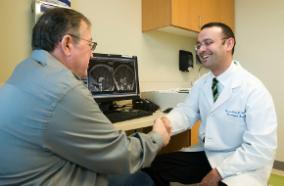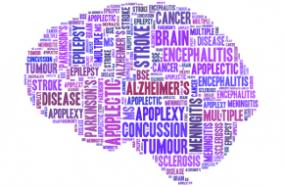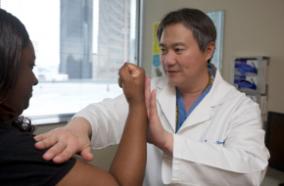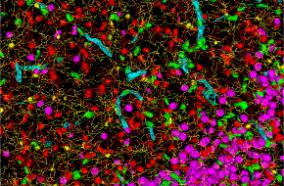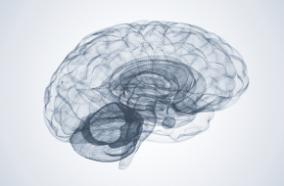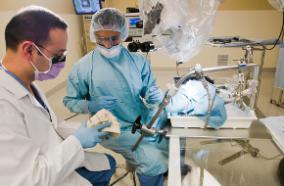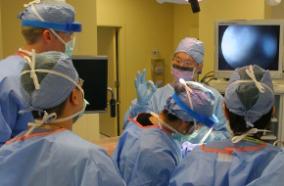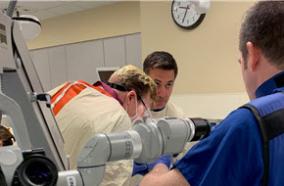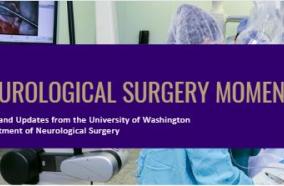Traumatic brain injury (also referred to as TBI) is defined as a blow or jolt to the head, or a penetrating head injury that disrupts the function of the brain.
The severity of the injury may result in a brief change in mental status or consciousness. In more severe cases, a traumatic brain injury may cause extended periods of unconsciousness or amnesia. The injury may result in short- or long-term problems with a patient’s ability to function independently.
The direct injury that happens to the brain, skull and other tissues at the time of trauma is called the primary injury.
A secondary injury is what may happen to the brain during the next few days as a result of the primary injury. The secondary injury may include blood clots on or in the brain, swelling of the brain and increased pressure inside the skull. If any of these secondary injuries occur, it can keep the brain from getting all the oxygen and other nutrients needed to heal and work properly.
One important goal of treatment is to prevent or reduce the effects of secondary injury.
When the brain is damaged, some conditions are readily apparent, such as coma, loss of speech or motor function. Some symptoms are less apparent, may manifest later and can include changes in personality, decreased awareness or communication skills and loss of memory.
The leading causes of TBI are falls, motor vehicle/traffic accidents, being struck by or against an object and physical assaults. For active duty military personnel in war zones, blasts are a major cause of traumatic brain injury.
Alcohol use and not wearing seatbelts are both major risk factors for TBI.
To assess a traumatic brain injury, a doctor will conduct an exam and ask questions about the injury, as well as simple questions to establish whether a patient’s brain is working normally. The exam may include checking a patient’s strength, balance, coordination, reflexes and sensation.
Imaging tests such as a computed tomography (CT) scan or magnetic resonance imaging (MRI) may ensure that the brain is not bruised or bleeding.
Neurosurgeons at Harborview Medical Center have pioneered the use of transcranial dopplers, portable ultrasound technology, to quickly and accurately study vessels in the brain that have been damaged as a result of trauma. The technology allows treatment to be customized to each patient’s unique injuries and helps patients avoid anticoagulation, or blood thinning, or extra surgeries.
Patients with TBI are at greatest risk for secondary injury during the first few days after the primary injury. Some patients who are at lower risk may be monitored on an acute care unit for a few days. Your physician may conduct neurologic examinations that check on how well the brain is working.
A doctor or other health-care provider will also observe patients’ eye pupil size and reaction, monitor the ability to wake up, follow simple commands and answer questions.
Complications associated with TBI include:
-
Changes with thinking, including problems with memory, changes in personality, trouble with attention, concentration and impulsivity
-
Depression
-
Heterotopic ossification, which causes abnormal bone growth in selected joints, most commonly in the hips, shoulders, knees and elbows
-
Musculoskeletal system problems, including osteoporosis and worsening spasticity and dystonias
-
Headaches
-
Hearing loss caused by external bleeding in the ear canal, middle ear damage, cochlear injury and temporal lobe lesions
-
Visual system changes that can be recognized early on by redness or watering and can include blurriness and double vision
-
Neuroendocrine disorders, which may occur in women during the years following a TBI
-
Fatigue
-
Assistive Technology
-
Disability Evaluations
-
Electrodiagnostic Medicine
-
Pain Management
-
Pediatric Rehabilitation
-
Physical Therapy (PT)/Occupational Therapy (OT)/Sp
-
Prosthetics and Orthotics
-
Rehabilitation Counseling
-
Rehabilitation Psychology/Psychotherapy
-
Stroke & Cardiac Rehabilitation

